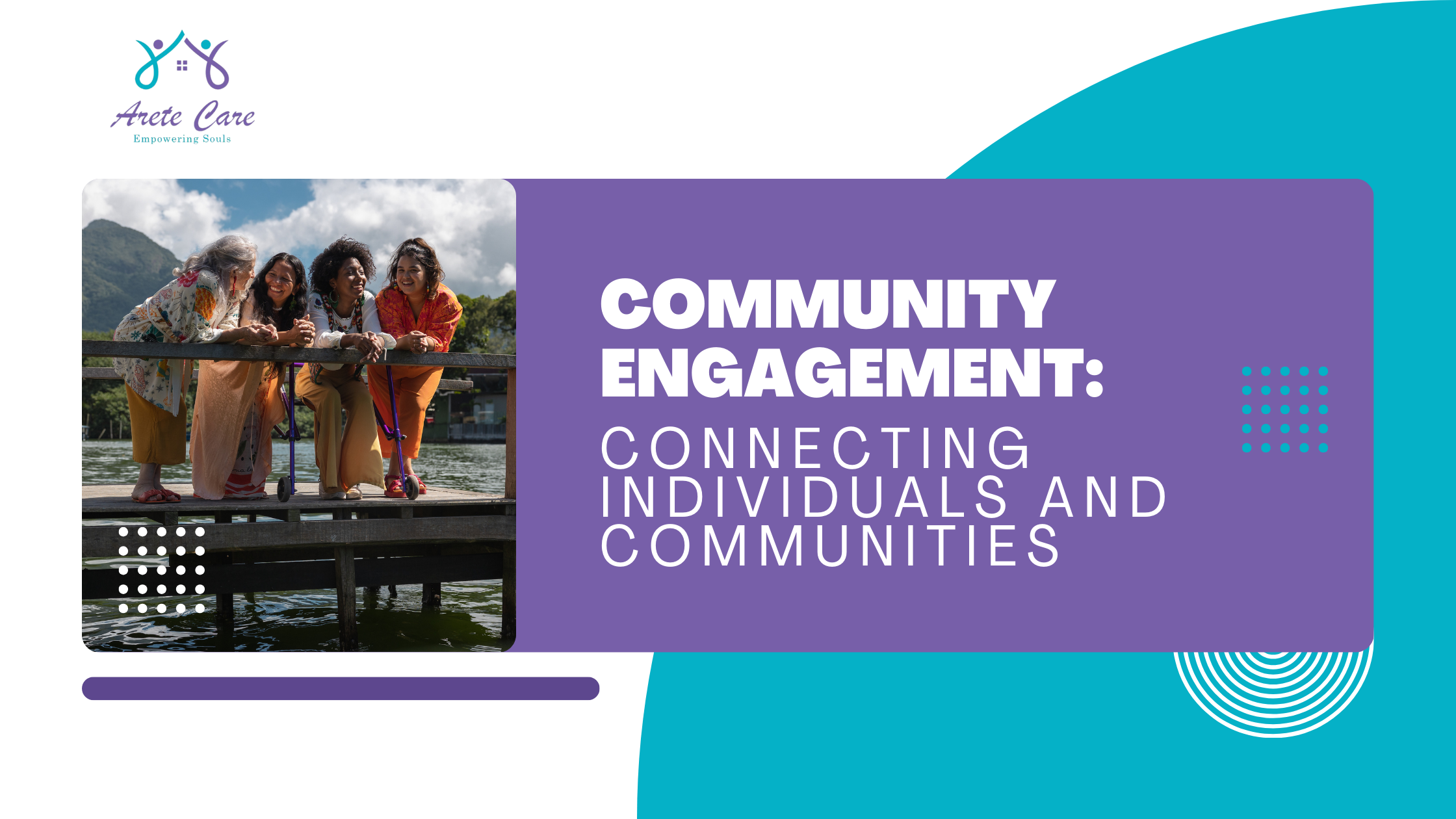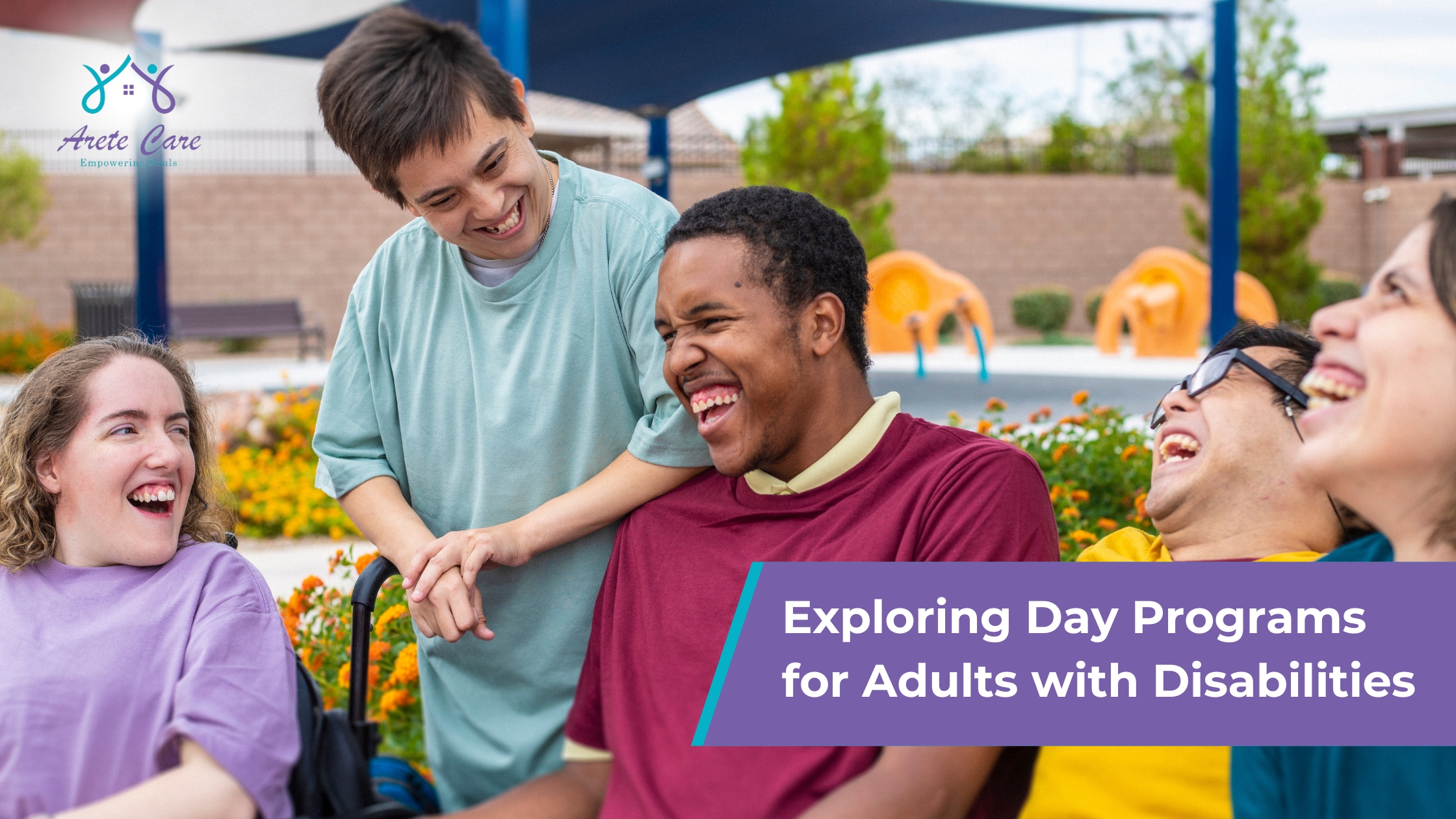In our globalised age, community involvement is more important than ever. The general well-being of societies as they evolve and change depends on fostering a sense of connectivity between individuals and communities.
The Significance of Community Involvement
People come together through volunteering to collaborate, share ideas, and strive toward common goals. People feel more connected and are more inclined to influence society for the better when they are actively involved in their surroundings. Furthermore, communities that are actively involved—including those that include the disabled society—tend to be more resilient and trustworthy, two traits that are crucial in times of crisis or transition.
Community Engagement Strengthens Social Bonds
Whether or not they have similar interests or backgrounds, people can connect with others through community engagement, including those with disabilities. These interactions foster mutual respect and learning opportunities.
Consequently, it becomes possible to reduce social isolation, which is an increasing issue in many communities, especially among disabled individuals. At Arete Care, we also ensure that our participants are actively engaging in community participation, promoting inclusivity and connection.
Digital Platforms: Exploring New Frontiers in Community Engagement
Digital platforms like Instagram, Facebook, or Twitter have become key tools for community engagement. As a result, people can now communicate across geographic borders in unprecedented ways.
Consequently, more people, including those with disabilities, can participate activities from home. These platforms offer accessible features like screen readers and voice commands, making engagement easier.
Moreover, for the disabled community, digital platforms provide unique opportunities to connect, share experiences, and advocate for their needs. Online groups and forums help reduce social isolation and promote inclusivity.
The Role of Leadership in Community Engagement
Leadership plays a key role in encouraging community involvement. When community leaders actively promote participation and provide a forum for a range of opinions, engagement programs are more likely to succeed. Effective leaders inspire trust, encourage teamwork, and create situations where others feel empowered to act.
Benefits of Community Engagement
There are numerous benefits to fostering community engagement, including:
- Stronger Social Networks: Engaged communities have robust support systems, reducing isolation. For disabled individuals, this means greater access to resources and a sense of belonging.
- Improved Quality of Life: Collaborative efforts improve overall quality of life with safer, more vibrant neighborhoods. Inclusive engagement ensures the needs of disabled individuals are met, creating more accessible environments.
- Increased Awareness: Engagement keeps individuals informed about local issues, leading to better decision-making and understanding of societal needs. For the disabled community, this means greater advocacy for accessibility and inclusion.
- Empowerment and Advocacy: Social group work empowers disabled individuals to advocate for their rights, breaking down barriers and challenging stereotypes, leading to greater societal acceptance.
Conclusion
In conclusion, by connecting individuals, fostering collaboration, and promoting inclusivity, communities can better tackle challenges. As digital platforms evolve, new opportunities for engagement will arise, allowing for more meaningful connections.
Ultimately, whether through in-person interactions or online initiatives, creating spaces for connection and collaboration will shape the future of our communities. If you want to know more about how Arete Care ensures their participants are enjoying community participation, visit our website or contact us today.
If you want to read more about how the disabled community participates in their day-to-day lives, check out our blog, “Exploring Day Programs for Adults with Disabilities.”



